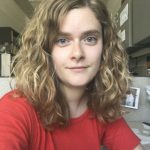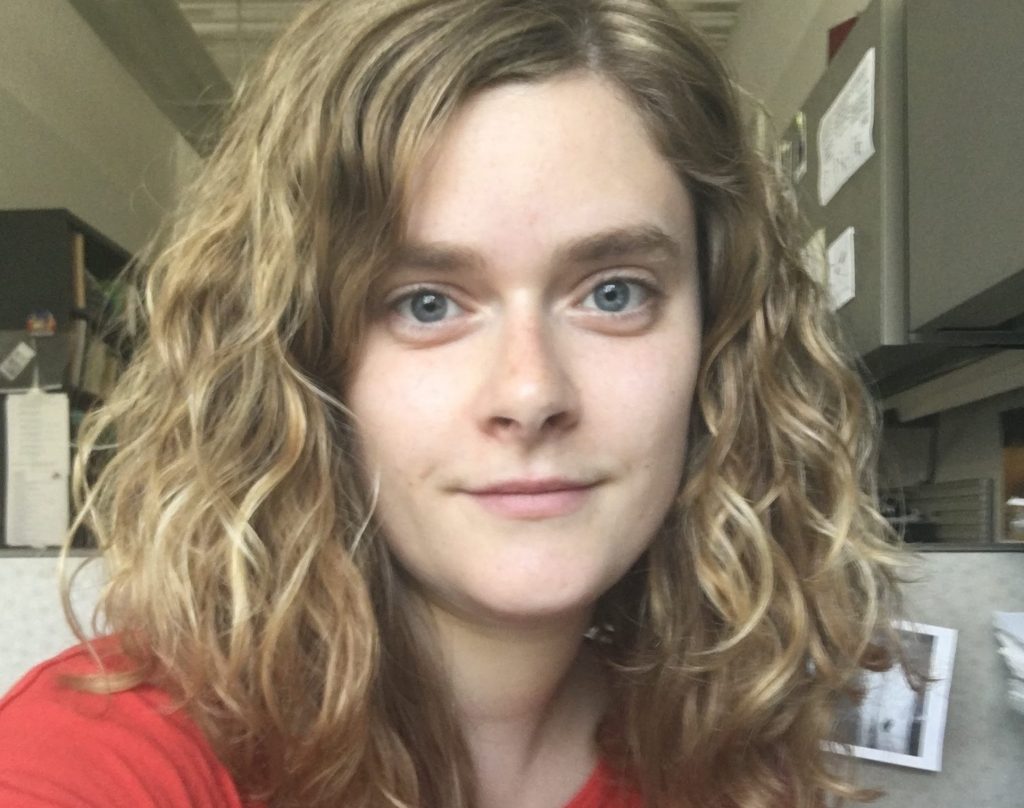We’re taking time over the following weeks to get to know the members of the GSA’s Early Career Scientist Committees. Join us every week to learn more about our 2019 early career scientist advocates.

Kristin Lee
Career Development Subcommittee
Columbia University
Research interest
I’m interested in the evolutionary processes that shape and maintain genetic variation and diversity in natural populations. Genetic data helps us disentangle the past evolutionary processes that acted to shape heritable differences that we see within and among populations today. My research focuses on both modeling these processes and developing statistical tools that are increasingly relevant as the amount of genetic data is rapidly increasing. My interests are in studying the effect of natural selection, both to remove and maintain genetic diversity. This is important to understanding how populations have evolved or may evolve to adapt to our changing world.
One major focus of my research is in studying cases of repeated or convergent evolution, which demonstrate the impressive ability of selection to shape traits in often surprisingly similar ways. I’ve developed novel statistical methods to identify signatures of convergent evolution at the genetic level from DNA sequence data. There are multiple ways these patterns can be generated in the data, and I’ve developed a likelihood framework to distinguish among them by modeling the effect that distinct evolutionary histories have on genetic variation.
Using this framework, we identified that yellow monkeyflower populations used the variation they inherited from their ancestors to adapt to copper-rich soils near mines in California. It’s likely that these populations were able to adapt more readily because of this inherited tolerance instead of having to wait for a chance genetic mutation to occur. Through collaboration, we’ve applied and extended this inference framework to another case of convergent adaptation: high pollution resistance in populations of Gulf Coast killifish species. In this case, we found the adaptive DNA came from a closely-related Atlantic Coast species. Understanding how these species evolved in response to human-mediated environmental change can give us insight into how other species might adapt, or fail to adapt, in the future.
As a PhD-trained scientist, you have many career options. What career paths interest you the most?
I’m interested in career paths that enable me to learn new things and collaborate with others to achieve a common goal. In graduate school, my work involved learning and applying statistics and programming, and I’d like a career that allows me to continue to use and hone these skills. I think there are many career paths where this is possible; I’m particularly interested in the field of data science because it sits at the intersection of many of my interests and skills. Through collaborating with other scientists, I’ve learned that I really enjoy working on teams. It’s motivating to brainstorm and work with a group to reach a shared objective.
I look forward to using my skills to visually and verbally convey complex information. Visual representation is important in many aspects of research, from writing papers and making figures to teaching and presenting. An opportunity to do this throughout my career will be rewarding.
In addition to your research, how else do you want to advance the scientific enterprise?
Having an advanced degree in STEM has the ability to open many doors. Decreasing the barriers people face to get here and providing support once they are is incredibly important. People working in science and technology are literally designing the future and solving the problems that are relevant and important to broad society. Because of this, it’s important to increase the diversity of the scientific workforce so it’s more representative of society.
To decrease the major diversity gaps in science and technology fields, I’m working to encourage individuals from underrepresented backgrounds to consider careers in STEM and to feel confident and capable of coding. I volunteered as an instructor at an after-school coding club and developed, organized, and taught multiple R programming workshops as part of the STEMinist Intro to Data Science Bootcamp run by Cal NERDS (New Experiences for Research and Diversity in Science) at UC Berkeley. By increasing the skills of students and their exposure to STEM concepts, we can make STEM careers seem more accessible.
As a leader within the Genetics Society of America, what do you hope to accomplish?
The Genetics Society of America acts as a larger network of support for many scientists. In this leadership role, I hope I am able to help shape the ways in which the Society does this. The GSA’s early career leadership program provides the opportunity to help create and maintain communities with an international reach. My goal is to create resources and broaden networks that enable graduate students, postdocs, and early career professionals to be and feel supported.
I am also really excited to contribute to the Decoding Life series, which highlights diverse voices and perspectives in careers, paths, and backgrounds. This series helps expose early career scientists to different career paths. It can play an important role for individuals who may be struggling to see themselves represented in the scientific career landscape. This can be difficult because it compounds the idea that there is a traditional type of person and career that fits the role of a scientist. Personally, meeting and learning about others who I can see pieces of myself in has made me feel like I belong and have a place in science. I’m excited to contribute to this series to provide a stage to people and paths that may not usually be highlighted.
Previous leadership experience
- Organizer, Women in Life Sciences Group – University of California, Davis
- Organizer, Population Biology Graduate Group Diversity Committee – University of California, Davis
- Developer and instructor, R Workshop for STEMinist Intro to Data Science Bootcamp – University of California, Berkeley and Davis
- Volunteer, After-school coding club – Sacramento, CA
- Student Representative, Population Biology Graduate Group Steering Committee –University of California, Davis































